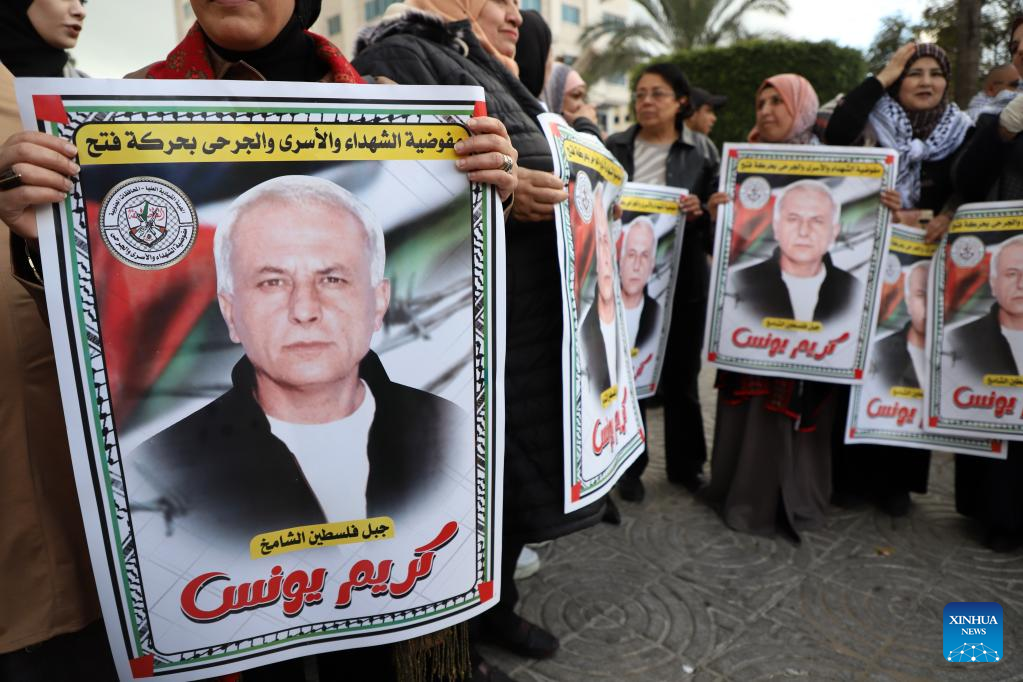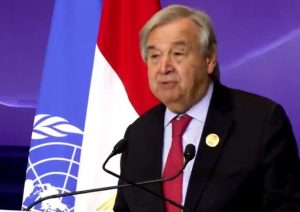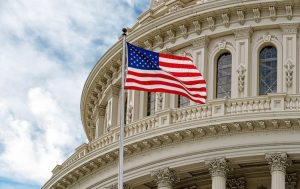Palestine to continue taking legal measures against Israeli violations. The PLO executive committee warned of the dangerous consequences of Ben-Gvir’s visit to Al-Aqsa Mosque, calling for a speedy convening of the Arab League’s council and the Organization of Islamic Cooperation “to confront this serious crime politically”…reports Asian Lite News
Palestinian President Mahmoud Abbas said the Palestinians would continue to take legal measures with international legitimacy to respond to the Israeli government’s violations.
Israeli National Security Minister Itamar Ben-Gvir’s entry into Al-Aqsa Mosque compound in East Jerusalem “is the beginning of the implementation of the new policy of Benjamin Netanyahu’s government that they announced,” Abbas said at a meeting of the executive committee of the Palestine Liberation Organization (PLO) that he chaired in the West Bank city of Ramallah, the official Palestinian news agency WAFA reported.
“We categorically reject the policy of this (Israeli) government, but we also heard a lot of rejection of it in various countries of the world, and inside Israel,” Abbas added.
Meanwhile, in an official statement, the PLO executive committee warned of the dangerous consequences of Ben-Gvir’s visit to Al-Aqsa Mosque, calling for a speedy convening of the Arab League’s council and the Organization of Islamic Cooperation “to confront this serious crime politically.”
It also called for immediately establishing practical mechanisms “to curb the aggressive escalation of the occupation government.”
On Tuesday, Ben-Gvir entered the Al-Aqsa Mosque compound and wandered in the mosque’s courtyards for some time under strict security protection from Israeli police personnel, according to Palestinian and Israeli sources.
Israeli security cabinet announced a series of punitive measures against the Palestinian Authority. The move comes in response to the Palestinian Authority’s request to the International Court of Justice (ICJ) for an advisory opinion on Israel’s occupation of territories in the West Bank.
As part of the sanctions, revenues amounting to about 40 million U.S. dollars from taxes Israel collects on behalf of the Palestinian Authority will be diverted to families of Israeli victims who were attacked by Palestinian assailants, according to the statement released by the Israeli Prime Minister’s office.
Additionally, Israel will also deduct from the tax revenues the amount the Palestinian Authority grants militants and withdraw benefits for senior Palestinian officials and freeze any construction projects for Palestinians in the West Bank regions that are under both Israeli and Palestinian Authority’s administration.
The Palestinian Authority has the rights to collect taxes from Palestinians in the Palestinian territories but the majority of the taxes are collected by Israel which transfers the money to the Palestinian Authority on a monthly basis.
The decision to slap sanctions was made by the Israeli cabinet after its first meeting on Thursday, a week after the new Israeli government was sworn-in.
Israel captured the West Bank during the 1967 Middle East war. Since then, Israel has settled almost half a million Jewish residents in the area, in a move seen by the international community as illegal.
Palestinians see the land as part of their future state and has thus turned to the ICJ for its opinion on legality of Israel’s actions in the West Bank.
Meanwhile, Iranian foreign minister condemned Ben-Gvir visit and warning the move will have heavy consequences for Israel.
Hossein Amir-Abdollahian made the remarks in a phone call with Secretary-General of the Organization of Islamic Cooperation (OIC) Hissein Brahim Taha, according to the Iranian Foreign Ministry’s website.
Amir-Abdollahian appreciated the position adopted by the OIC chief in immediate condemnation of the Israeli minister’s move to “desecrate” the Al-Aqsa Mosque, proposing the creation of a legal international mechanism for preventing sacrilegious acts against religious authorities and sacred sites.
Taha also denounced Ben-Gvir’s entry into the Al-Aqsa Mosque compound as a “provocative” move, which has “hurt the Muslims’ emotions.”
He said that such Israeli move harms peace and stability in the region, stressing that he is holding consultations with different sides to pressure Israel into putting an end to such actions.
In a separate phone conversation with his Kuwaiti counterpart Sheikh Salem Abdullah Al-Jaber Al-Sabah on Thursday, the Iranian foreign minister once again denounced the “desecration” of Al-Aqsa Mosque by the Israeli minister.
He also called for greater coordination among Islamic states and their joint action to preserve the historical and legal situation of Al-Aqsa Mosque, highlighting the necessity of establishing a legal mechanism to stop the desecration of Islamic sanctities.
The Kuwaiti foreign minister, for his part, also vigorously condemned Ben-Gvir’s move, stressing his country’s “unchanged position” on the issue of Palestine.
He also welcomed Iran’s initiative for coordinated action by the OIC to stop Israel’s “insulting moves” that endanger regional peace and security.
Ben-Gvir visited the flashpoint holy site of the Al-Aqsa Mosque compound in East Jerusalem, sparking furious reactions and strong condemnations from the Palestinians and Islamic countries in the Middle East.
The Al-Aqsa Mosque compound, known to Jews as the most sacred place, is regarded by Muslims as their third holiest site. The site has been administered by the Jerusalem Islamic Waqf, a Jordanian body, since 1948. Under a 1967 agreement between Israel and Jordan, non-Muslim worshippers can visit the compound but are prohibited from praying there






